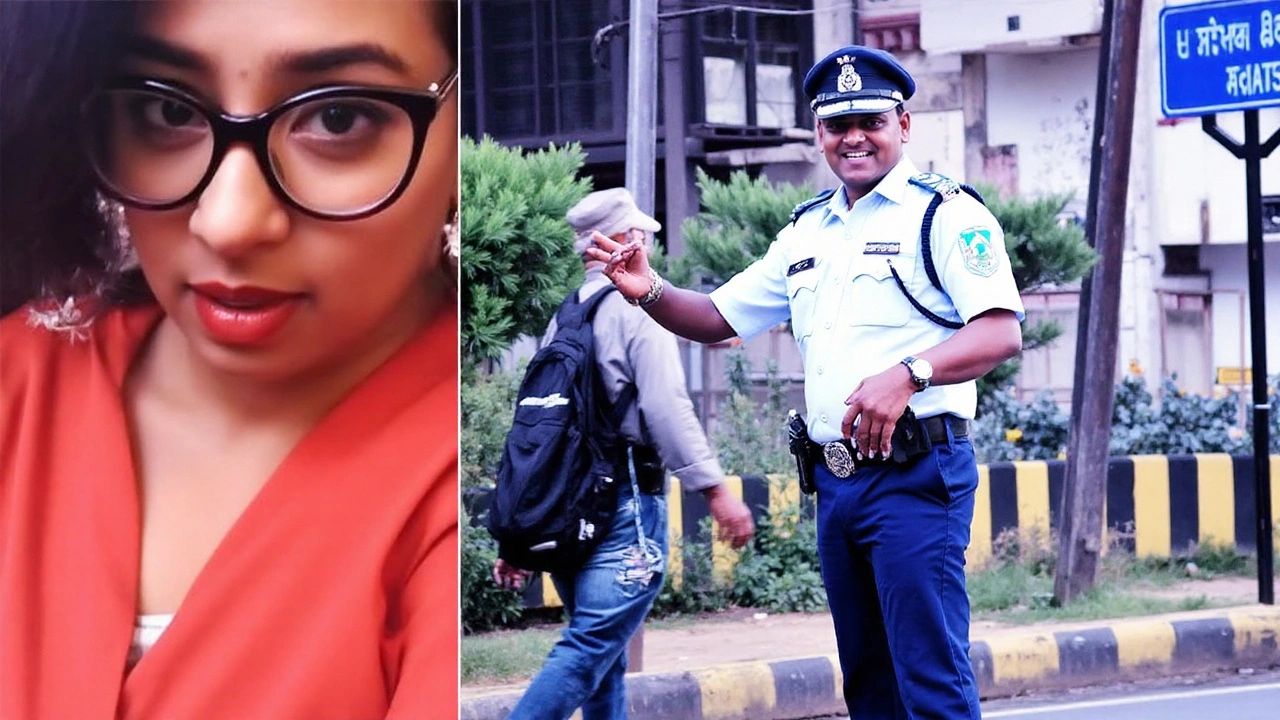Social Media Allegations: What’s Real and What’s Not?
Every day you scroll, you’ll bump into a claim that something on a platform is fake, biased, or part of a larger agenda. Those are social media allegations – accusations that a post, a channel, or an entire network is misleading. They can be harmless gossip or serious attacks that shape opinions fast. The trick is to know which ones deserve a second look and which ones fade away.
Why Allegations Pop Up So Quickly
People love drama. When a story feels controversial, it gets shared, retweeted, or re‑posted in a flash. A single comment about a news outlet’s bias can turn into a trending hashtag overnight. In many cases, the allegation itself spreads faster than any fact‑check because it taps into existing fears – like the recent chatter about BBC Hindi being biased or claims that certain news apps hide stories. The algorithms on Facebook, Twitter, and Instagram boost content that gets reactions, so even a weak accusation can reach thousands.
How to Spot a Real Issue
1. Check the source. Is the claim coming from a reputable journalist, a known fact‑checking site, or an anonymous user with a history of sensational posts? 2. Look for evidence. A solid allegation will quote a specific episode, share a screenshot, or link to the original material. Vague statements like “they’re hiding the truth” without proof are red flags. 3. Compare coverage. If multiple outlets – especially those with different political leanings – report the same fact, the claim likely has teeth. 4. Ask the community. Comments and replies often point out missing context or highlight errors. Engaging in a calm discussion can surface details you missed.
For instance, the debate over whether BBC Hindi leans left or right sparked heated replies on Twitter. Some users posted clips that seemed one‑sided, while others linked to the same program from a different day showing a balanced guest lineup. By pulling those pieces together, readers could see the bigger picture rather than jump on the first wave.
Another common allegation pops up around news apps. Users claim the BBC News app pushes certain stories, but a quick comparison with the app’s settings reveals that personalization options let you choose topics you care about. Turning off “recommended for you” often clears the fog.
Remember that not every allegation is a conspiracy. Some are genuine complaints about misinformation, like the false rumor that an Indian‑American community rejects their heritage. Those discussions can be sensitive, but they also remind us to listen and verify before forming opinions.
In practice, treat every claim like a puzzle. Gather the pieces – source, evidence, context, and alternative views – before you decide if it fits. It takes a few extra minutes, but it stops the spread of false alarms and helps you stay informed.
Social media will keep throwing allegations your way. The good news? You have the tools to sort fact from fiction. Stay curious, check the details, and you’ll navigate the noise like a pro.
